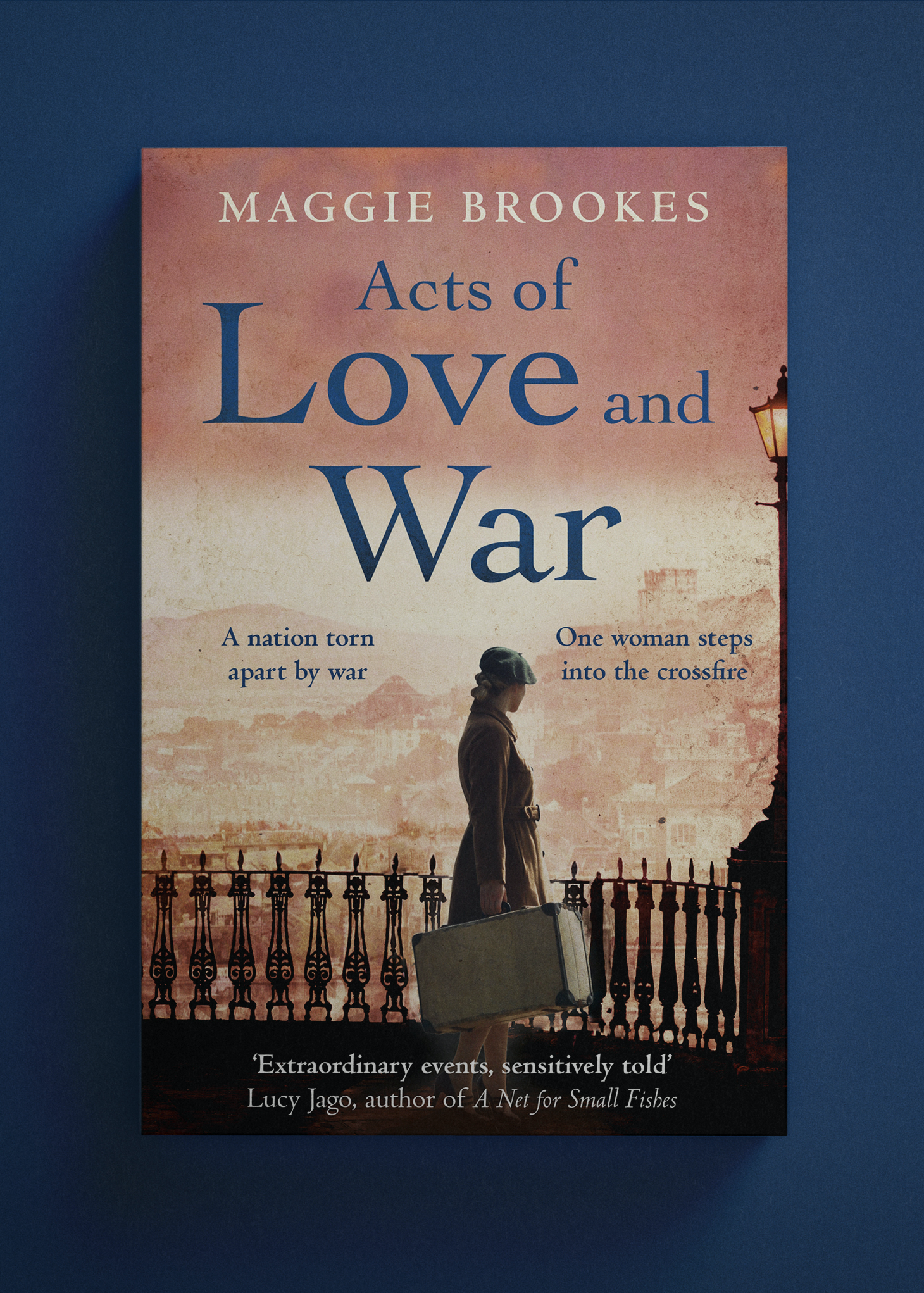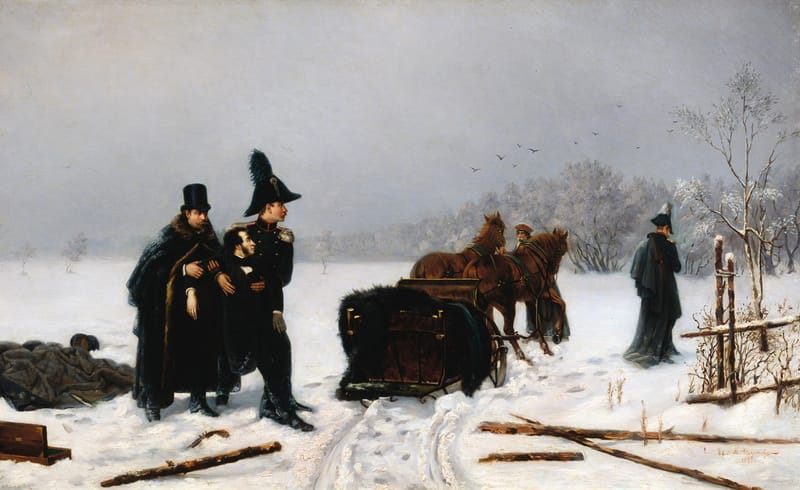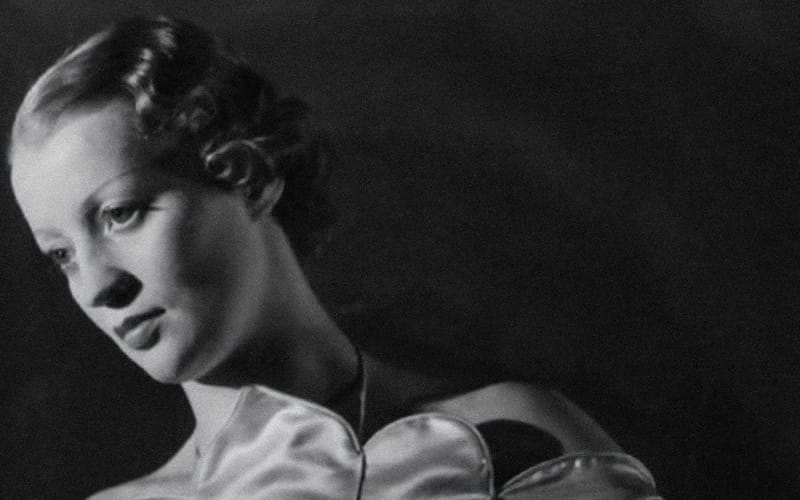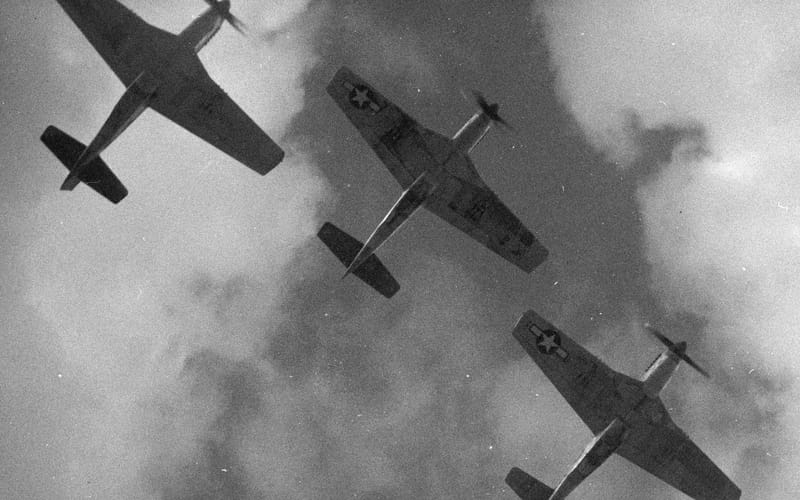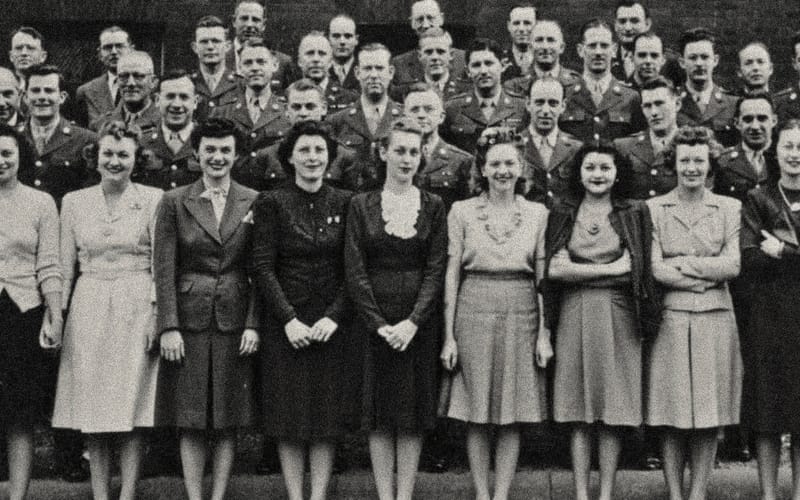Excerpt: Acts of Love and War by Maggie Brookes
A nation torn apart by war. One woman steps into the crossfire
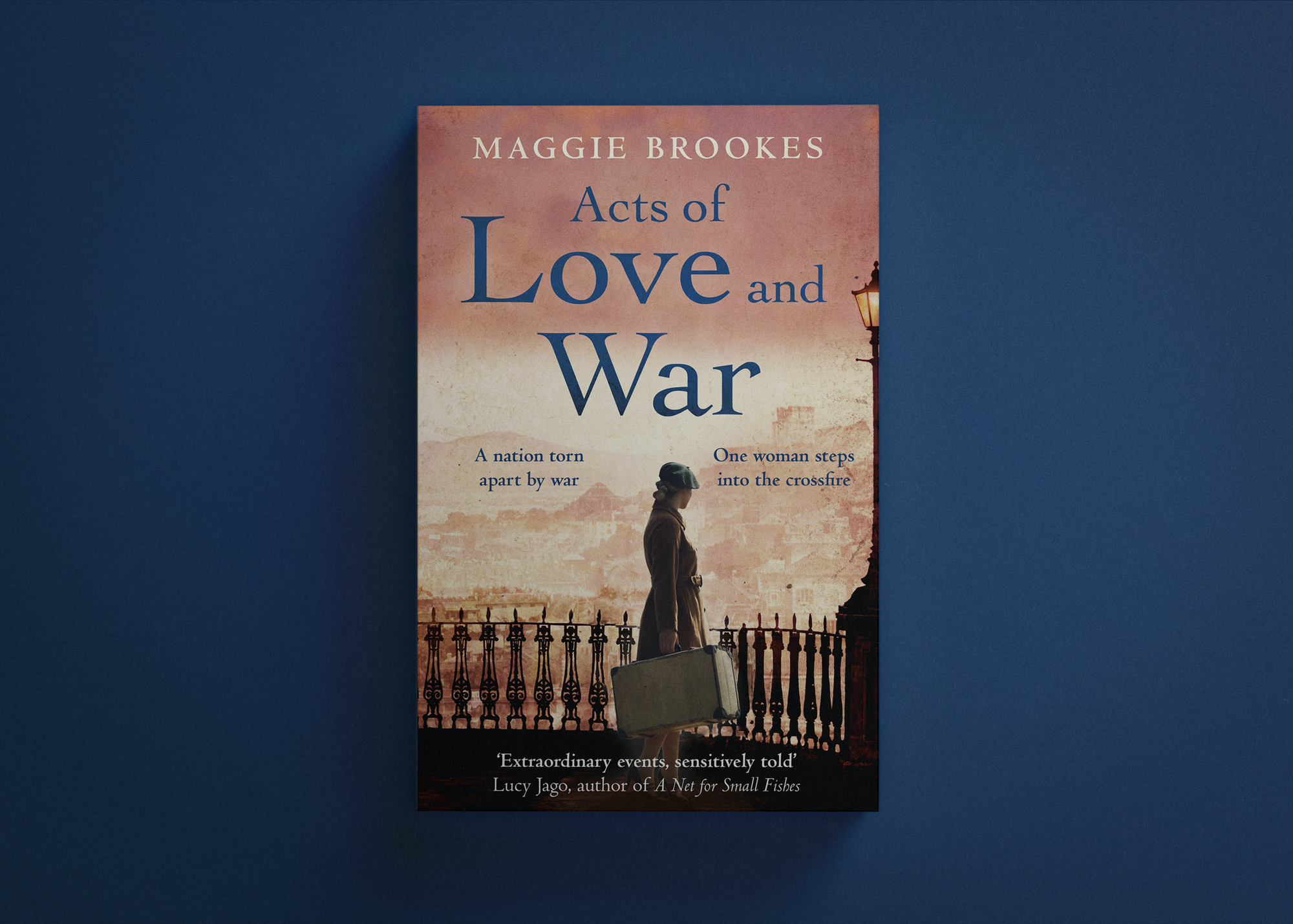
Lucy faces the horrors of the Spanish civil war to bring back the two men she loves, and try to save the lives of starving children.
She has grown up next door to Jamie and Tom. They are both in love with her and she thinks she loves them equally. But in 1936 Tom volunteers for the International Brigades and Jamie becomes a journalist on the opposite side, supporting General Franco. Lucy sets out in pursuit, as a volunteer aid worker.
Will she succeed in persuading them to come home? Will she decide who she really loves? Will any of them survive?
With an exclusive foreword for Unseen Histories by Maggie Brookes

I didn't really want to write about war. I wanted to write about the best and worst of human beings, the power of friendship and the search for love. But I realised that in times of war, everything is amplified: brutality, love, courage and self-sacrifice.
When I learned about the tiny handful of Quaker volunteers who ran a massive humanitarian aid project during the Spanish civil war, and were eventually awarded a Nobel peace prize for their work, I wanted to create a character (Lucy) who was part of that team of extraordinary people.
I was also keen to show what the war was like from the opposite perspectives of the International Brigades and Franco's propaganda machine, and so the warring brothers Tom and Jamie were born. Alongside her aid work, Lucy goes in search of them, following Jamie south to Sevilla and nursing Tom when he is wounded, trying to decide who she loves the most.
Lucy works alongside some real-life humanitarian heroes: Francesca Wilson, Kanty Cooper and Margarita Ricart, whose friendship supports her in the darkest hours. Their base is in Barcelona but they travel together up to Puigcerdà in the Pyrenees and down to Murcia in the south, setting up hospitals, canteens and children's colonies, saving the lives of hundreds of thousands of children.
As Franco's forces advance and Barcelona is under constant bombardment from the air, Lucy's challenge is not so much which brother she will end up with but whether any of them will get out alive.
— Maggie Brookes
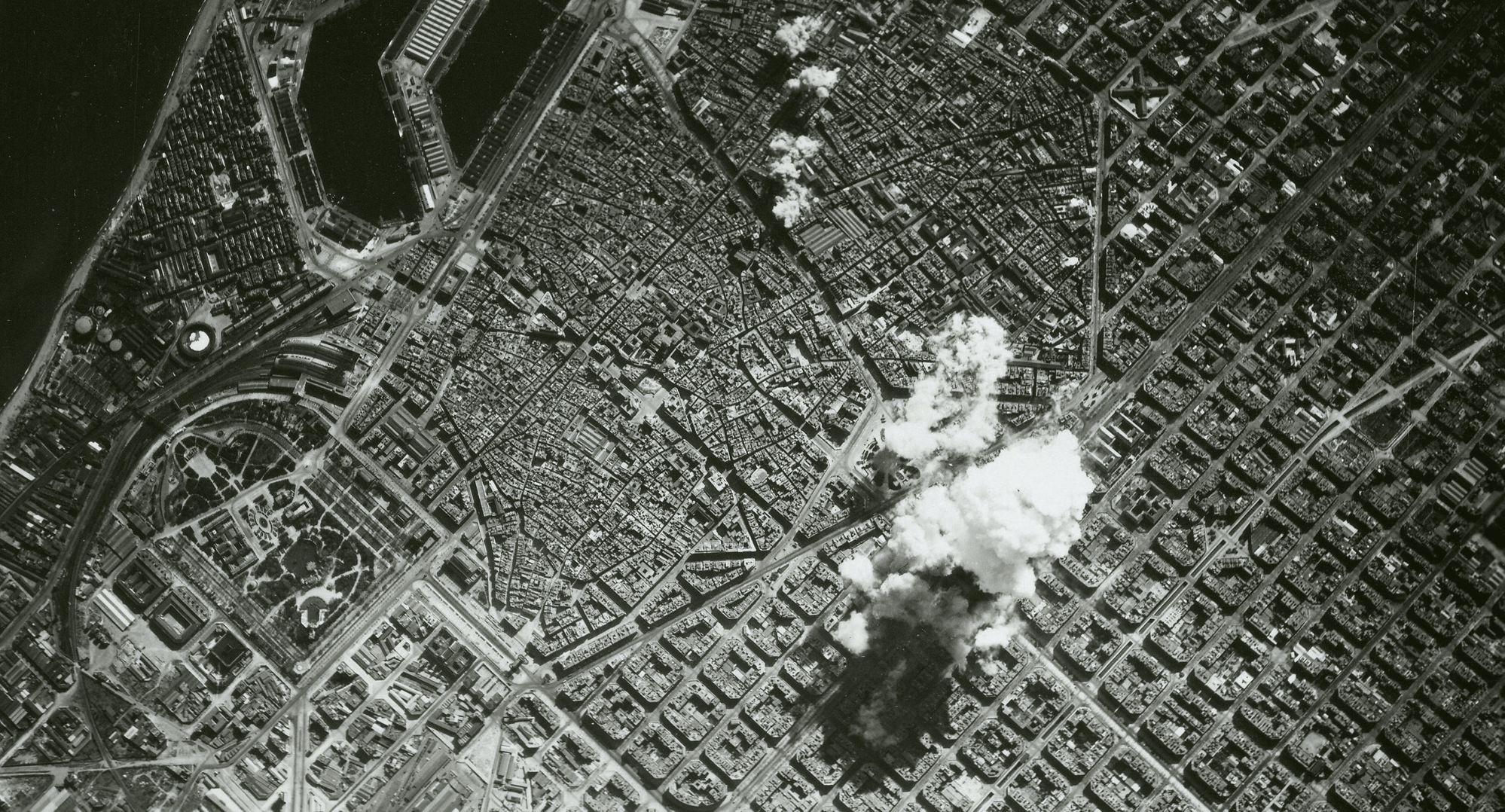

Barcelona
An abridged excerpt from Acts of Love and War by Maggie Brookes
Lucy had never been further than London on her own before, and she tried hard to tell herself that the fluttering in her. stomach was excitement, not nerves. As long as she kept her head, everything would be fine.
The middle-aged man in Thomas Cook's had been anxious about her travelling on her own - You do know there's a war on, miss?' - but she'd told him she was going to visit her brother. It was almost true. The travel agent had wanted her to stop overnight in Paris and Béziers, but Lucy said firmly that she'd sleep on the train. She'd always been a good sleeper; it would save money on hotels and save precious time and she wouldn't have to admit to herself that she was afraid of finding her way, alone in a French town. So he had written her careful instructions in spidery handwriting about how to negotiate every step of her journey.
The ferry crossing to Calais was relatively calm, so she spent most of the time on deck, pulling her coat around her, with her new black beret holding her hair out of her eyes, chatting to other passengers, watching the white cliffs shrinking away from her and the coast of France advancing with its promise of foreignness. She'd been to France before but never further than Honfleur, where her father had taken them all for a holiday in better times. The Thomas Cook man's instructions about crossing Paris from the Gare du Nord to the magnificent chandeliered Gare de Lyon were simple to follow, though the loud French crowds and the men who looked her up and down with frank appraisal were more daunting in reality than in her imagination. Luckily she only had to use her schoolgirl French to buy a baguette and a coffee when the sausage rolls and corned-beef sandwiches she'd brought from home were long gone. She looked all about her, inhaling the unknown smells, fizzing with adrenaline.
And now she was on a train chugging along the Rhône Valley, passing pretty French villages with picturesque churches. As she looked out of the window, her mind roamed around her own internal mysteries: Tom's kiss and Jamie's declaration of love, and which of the brothers she loved the most. Was it wicked and unnatural to think she loved them both? Perhaps it would all become clear in Spain.
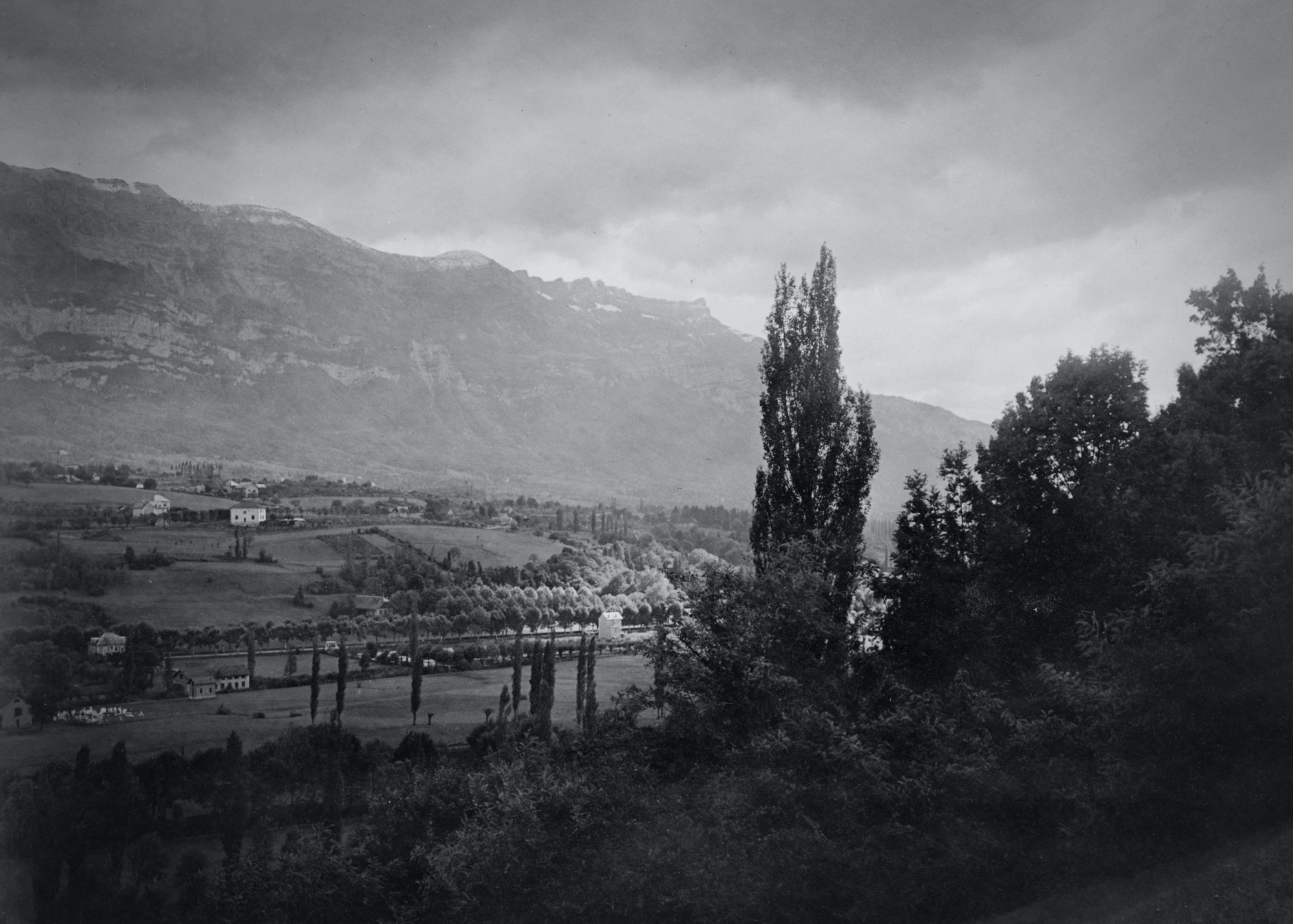
Snow-topped mountains rose in the distance on both sides of the track. How she wished she had someone to point them out to.
The French family in her carriage talked to her and she nodded and smiled even though she didn't understand everything. From time to time she stretched herself and went to stand in the corridor. Occasionally two or three young French or British working men would pass her. She heard a Welsh and a Liverpool accent. Why would they be going to Spain if not to join the International Brigades? She longed to ask them to take a message to Tom but thought it best not to speak to them in case all of them were thrown off the train. The non-intervention pact meant that going to fight in Spain was illegal in France as well as Britain, though of course the Germans and Italians were ignoring the agreement in order to help Franco.
The rhythm of the train made her sleepy as twilight fell and she dozed for a length of time which might have been minutes or hours as they travelled ever further south, only rousing herself to read the station signs as they halted in Nimes and Montpellier and people struggled on and off. The man in Thomas Cook had told her she must see the cathedral in Béziers, but it was dark when they passed through.
At dawn she woke with a stiff neck and her beret lopsided to find the train skirting the Mediterranean coastline with its deserted beaches and marshy lakes, where flocks of pink flamingos stood one-legged in the shallows. Imagine that! She had seen flamingos! If only Tom or Jamie were here to tell. The grandmother of the French family offered her cheese, which she took, and an onion, which she declined. How Tom would have loved to watch the old woman tucking into the onion as though it were an apple!
She was sorry to see the family go when they alighted at Cerbère, and the grandmother looked long and hard at her and promised to pray to the Holy Mother for her safekeeping. A prickle of unease crossed Lucy's scalp as the enormity of heading into a war zone began to impress itself on her.
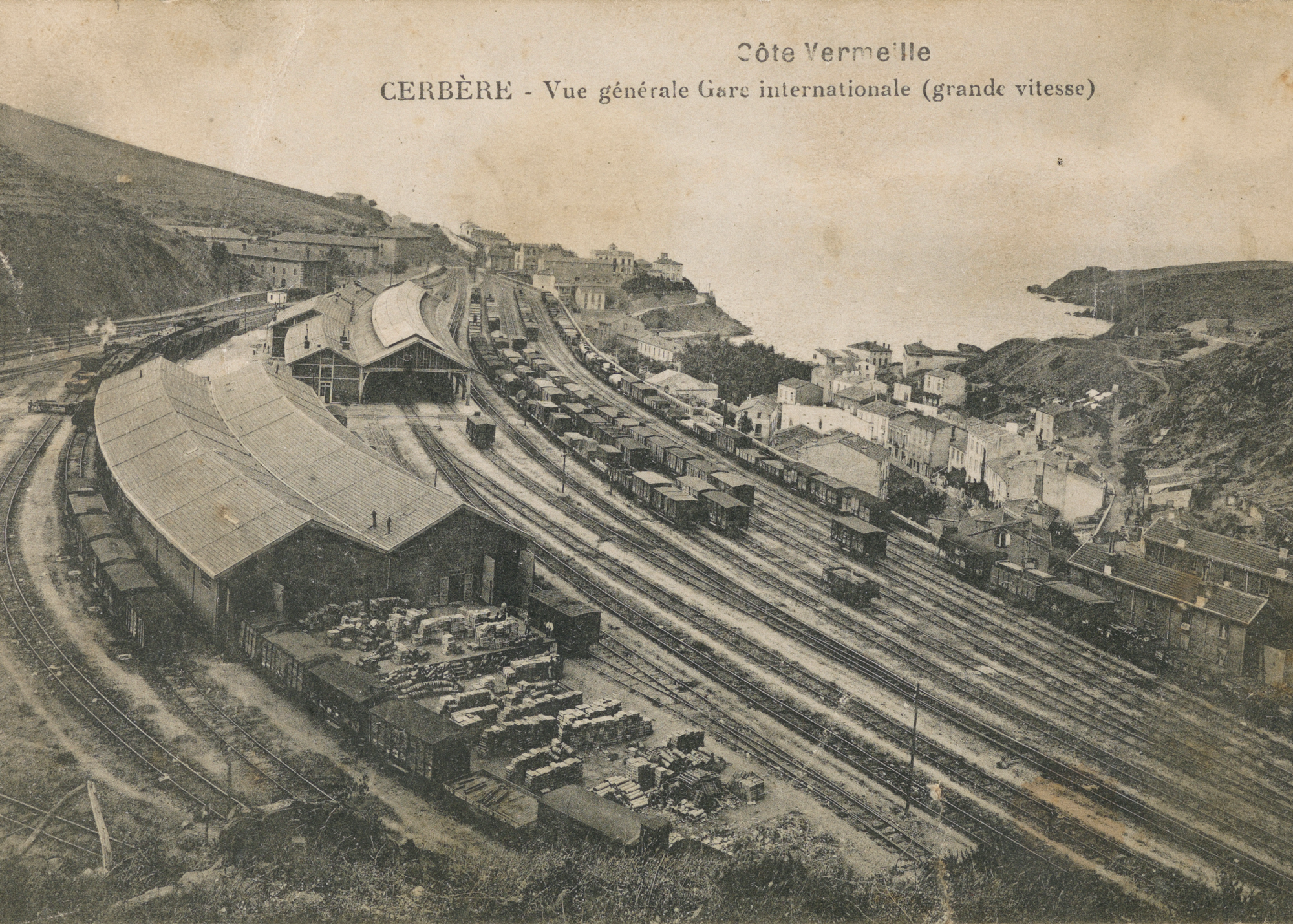
Lucy knew the train with dive under the Pyrenees at Cerbère in France and emerge at Portbou in Spain, and as they entered the tunnel, her stomach clenched in a mix of excitement and dread. She was almost there.
They emerged from the tunnel and she blinked at the bright sunlight as the train drew into a small coastal town dominated by an enormous railway station. Standing and stretching, she grabbed her luggage and stepped down onto the platform. For a moment she looked up at the huge iron and glass roof which arched above her, straddling the tracks. Its resemblance to King's Cross gave her a sudden jolt of homesickness. But she couldn't stand still, as the disembarking passengers pushed her forward towards the building which housed the passport office. The border guards who shepherded them into line were speaking Catalan with a smattering of instructions in Spanish and French. Nobody spoke English and she felt very insignificant and far from home.
She presented her passport at a window and it was checked by a disinterested border guard. She had been worried that the non-intervention pact might mean she would have trouble entering Spain. After all, that was why Tom had climbed over a mountain pass and Jamie had travelled via Lisbon, but the guard looked from her photograph to the young woman in front of him, gave her a flirtatious wink and waved her through. He obviously didn't seem to think a smart señorita like Lucy was on her way to join the International Brigades. Stepping away, she glanced around quickly for the young men from Wales and Liverpool, but they were nowhere in sight. Perhaps they'd left the train at Cerbère and were crossing the border on foot? She whispered a silent prayer for their safety as she followed the crush of people through the building and out to a wider track – Iberian gauge, the man in Thomas Cook had said. She climbed into the broad train which would take her to Barcelona and settled herself in a window seat. The other passengers eyed her with frank curiosity, so as the train pulled away she gazed studiously out of the window to avoid their stares. Steam from the engine clouded past, and as it cleared a snowy mountain dominated the skyline. She felt how far she now was from Hertfordshire, from her father and Mrs Murray. It was electrifying.
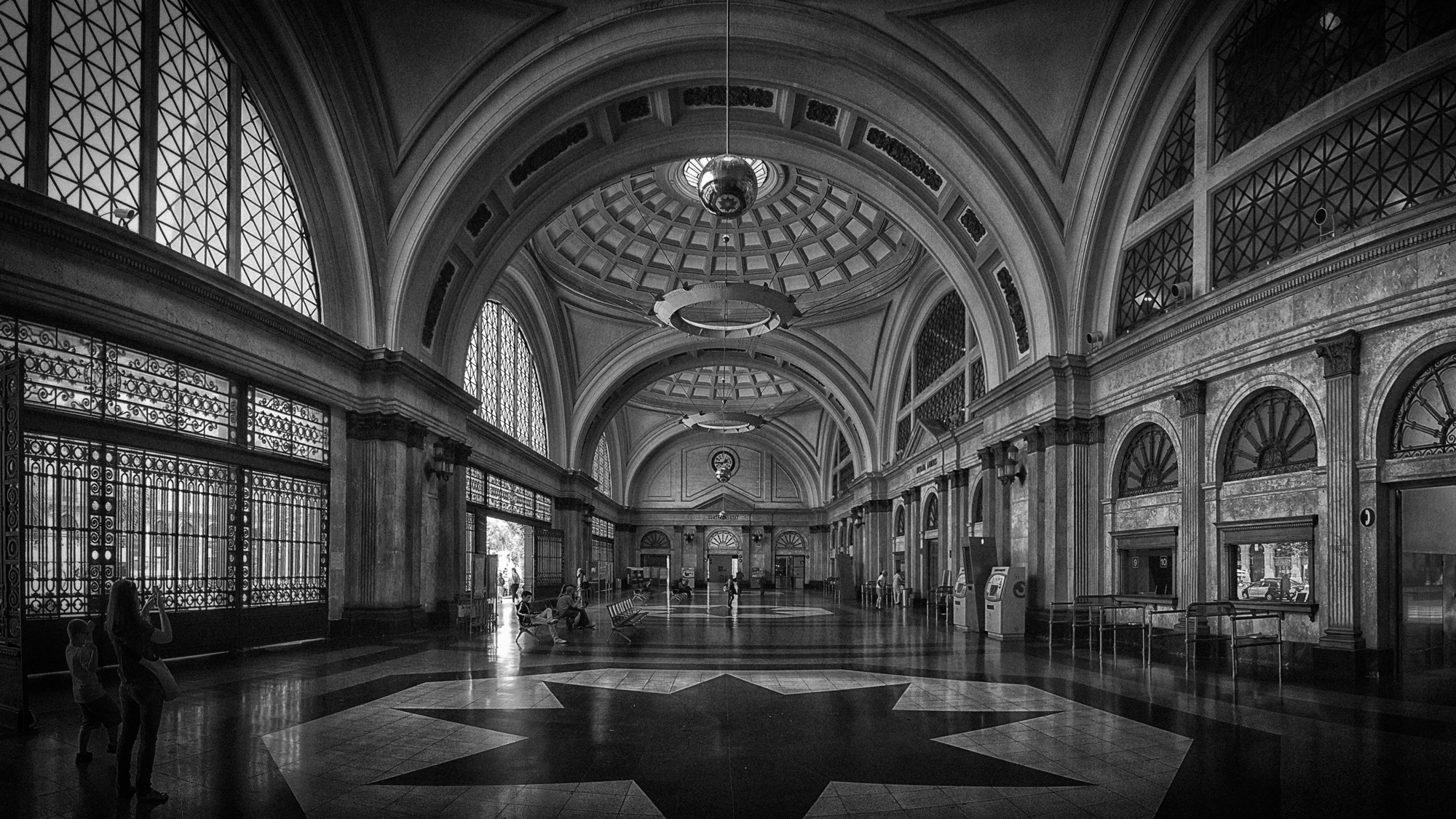
More and more people climbed on to the train as it chugged slowly – oh so slowly – towards Barcelona. Everything was different – the clothes, the smells of the people and their garlicky food, the loudness of the Spanish and Catalan voices crashing over each other in waves. She tried to follow conversations, but everything was too fast and heavily accented. Men stared at her with unguarded admiration, and one sitting opposite kicked the edge of her shoe until she tucked her legs back out of his reach.
Eventually the train pulled into Barcelona station, almost twenty hours after she'd left Welwyn. She didn't know how long she'd slept, but she wasn't tired; her brain was buzzing and the butterflies in her tummy were spiralling. Massive vaults of steel rainbowed over her head as she walked towards the cream stone building with eyebrow-arched windows at the end of the platform. She thought it looked like the façade of a medieval palace.
It was easy to find the Left Luggage to deposit her case and a Ladies to wash her face and comb her hair, though, to her horror, the toilet was simply a hole in the ground which she had to crouch over. If it was like that in a main-line station, she dreaded to think what she would find in the countryside. She stood on the crowded concourse feeling very alone for a moment, with women examining her clothes and hair, and men jostling too close as she looked around for Alfred Jacob's canteen. She knew it was situated on the plat- form of the main line from Madrid. Then she spotted it: a large waiting room with the red and black Quaker star and a hand-lettered notice in Spanish and Catalan, welcoming refugees. Smoothing down her creased coat, she pushed open the door. The waiting room was empty except for a young man and woman sitting at a table near the door. Warmth and the smell of chocolate engulfed Lucy as she recognised the young man with mousy hair and blue eyes, even though he looked smaller than he had done on the stage at Friends House.
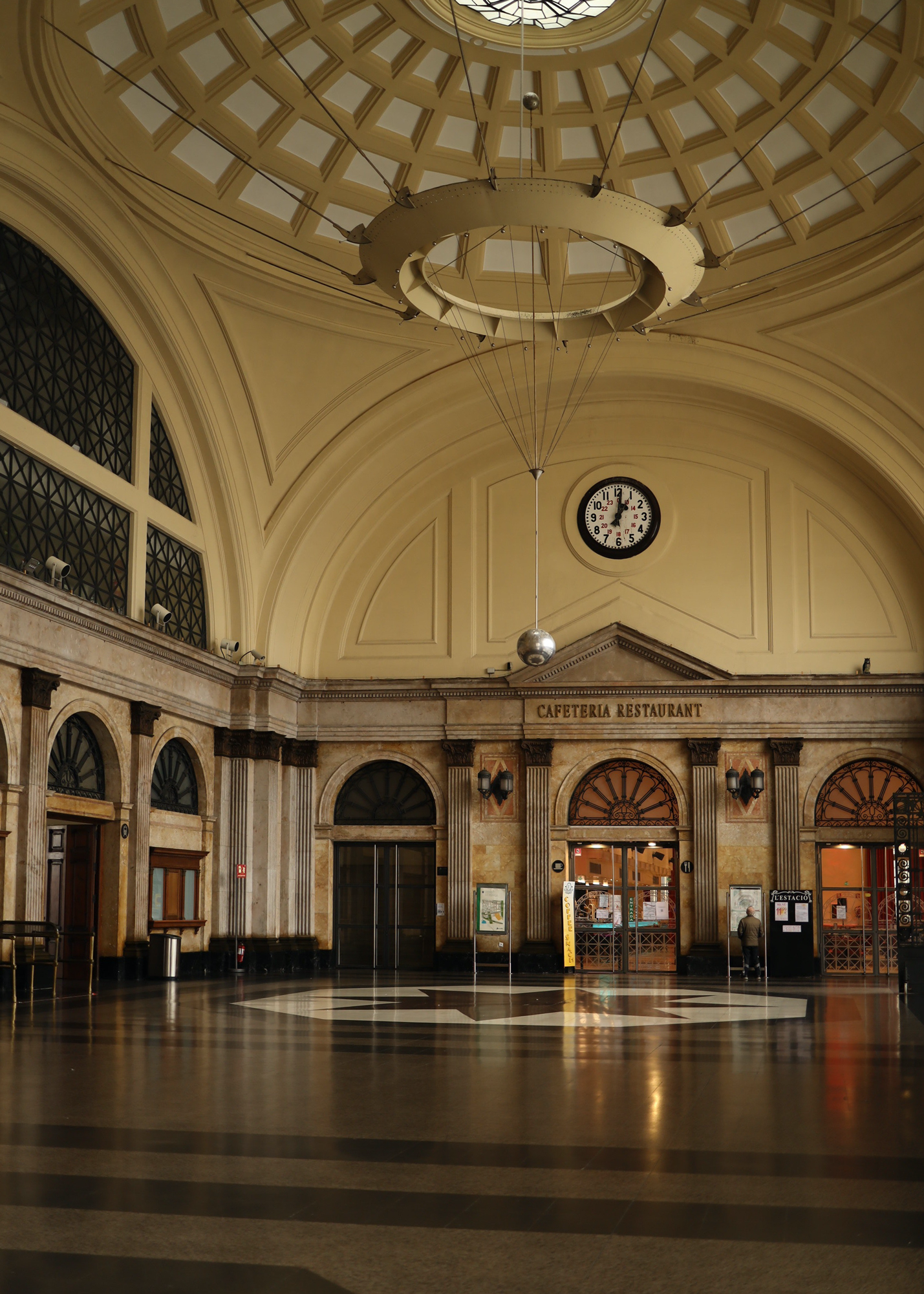
'Alfred Jacob,' she said, with a flood of relief, holding out her hand. The man looked surprised for a second before he stood and smiled. In English with an American accent he said, 'You must be Miss Nicholson? Lucy? We weren't expecting you for another couple of days.'
The striking young woman who sat beside him nodded in agreement. She had jet-black hair, crimped in waves and secured at the back of her neck. Her high forehead and thinly plucked eyebrows gave her an aristocratic look which belied the friendly roundness of her face and body.
'This is Margarita Ricart,' Alfred said.
Margarita looked shrewdly at Lucy and fetched a chair. The conversation switched into Spanish as they asked her about her journey. Margarita was small with quick movements and laughter in her eyes. Alfred was slightly formal and seemed a little wary of this non-Quaker who'd come all the way from England to help him. Lucy knew he was an Oxford-educated American, but she couldn't detect that in the way he spoke Spanish. His accent was as perfect as Jamie's. She could tell they were both speaking deliberately slowly to enable her to understand, but she also thought Alfred was testing her language skills. He indicated the empty waiting room.
We never know what time the trains will come, so one of us has to be here all the time. It's mostly staffed by a rot of local women who'll arrive soon. But they all speak Catalan and most of the refugees only speak Spanish.
'Well, now I'm here to help you,' said Lucy. "I can start at once.'
Margarita put her head on one side and looked closely at her. 'You must be tired.' And as she said it, or because it was said with sympathy, Lucy felt the tension of the last twenty- four hours ebb into exhaustion.
She nodded. 'If you don't need me right now, I could take my case to the hostel, and return later?'
At that moment a bespectacled Spanish man entered, nodded to Lucy and crossed quickly to kiss Margarita on the mouth. Margarita introduced Domingo Ricart, her husband, All three of them were not much older than Lucy - in their early thirties at the most, she guessed. Margarita addressed both men.
'Now you are here, why don't I take Lucy to the YWCA and explain everything to her?'
Lucy liked her already ■

Acts of Love and War
Century, 9 June 2022
RRP: £16.99 | 416 pages | ISBN: 978-1529135657
1936. Civil war in Spain. A world on the brink of chaos...
Twenty-one-year-old Lucy is frustrated with her constrained life in Hertfordshire, teaching and keeping house for her domineering father. But she is happy to be living next door to Tom and Jamie, two brothers she has known since childhood, and whom she loves equally.
But her life is turned upside down when Tom decides he must travel to Spain to fight in the bloody Spanish Civil War. He is quickly followed by Jamie who, much to Lucy's despair, is supporting General Franco.
To the dismay of her irascible father, Lucy decides that the only way to bring her boys back safely is to travel to Spain herself to persuade them to come home.
Yet when she sees the horrific effects of the war, she quickly becomes immersed in the lifesaving work the Quakers are doing to help the civilian population, many of whom are refugees.
As the war progresses and the situation becomes increasingly perilous, Lucy realises that the challenge going forward is not so much which brother she will end up with, but whether any of them will survive the carnage long enough to decide...
"Extraordinary events sensitively told." – Lucy Jago, A Net For Small Fishes
"One of historical fiction's most lyrical and intelligent voices" – Rachel McMillan, The London Restoration
"This amazing book has everything in it: love, war, history and relevance to today. Gripping." – Russell Kane

Maggie recommends:
⇲ A Stranger in Spain by H.V. Morton (Methuen, 1955) | Vivid travel writing before Spain was a tourist destination.
⇲ As I Walked Out One Midsummer Morning by Laurie Lee (André Deutsch, 1969) | Memoir of travels through Spain just before the civil war, written 30 years later.
British Volunteers for Liberty by Bill Alexander (Lawrence & Wishart, 1982) | Definitive history of the International Brigades.
⇲ For Whom The Bell Tolls by Ernest Hemingway (Charles Scribner, 1940) | The classic novel of the Spanish civil war.
⇲ Homage to Catalonia by George Orwell (Martin, Secker & Warburg, 1938) | Orwell's engrossing memoir of his time fighting against Franco.
In the Margins of Chaos by Francesca M. Wilson (John Murray, 1944) | Astonishing memoir by a schoolteacher who dropped everything to work for refugees.
⇲ The Spanish Civil War. A Very Short Introduction by Helen Graham (Oxford University Press 2005) | A clear and lucid pocket-sized guide, with excellent time-line.
The Uprooted by Kanty Cooper (Quartet Books, 1979) | Another memoir of an extraordinary woman who gave up sculpting to carry out humanitarian aid.
Illustrative material for this excerpt is not necessarily included in the book.

Additional Credit
With thanks to Isabella Ghaffari Parker at Penguin RandomHouse.


